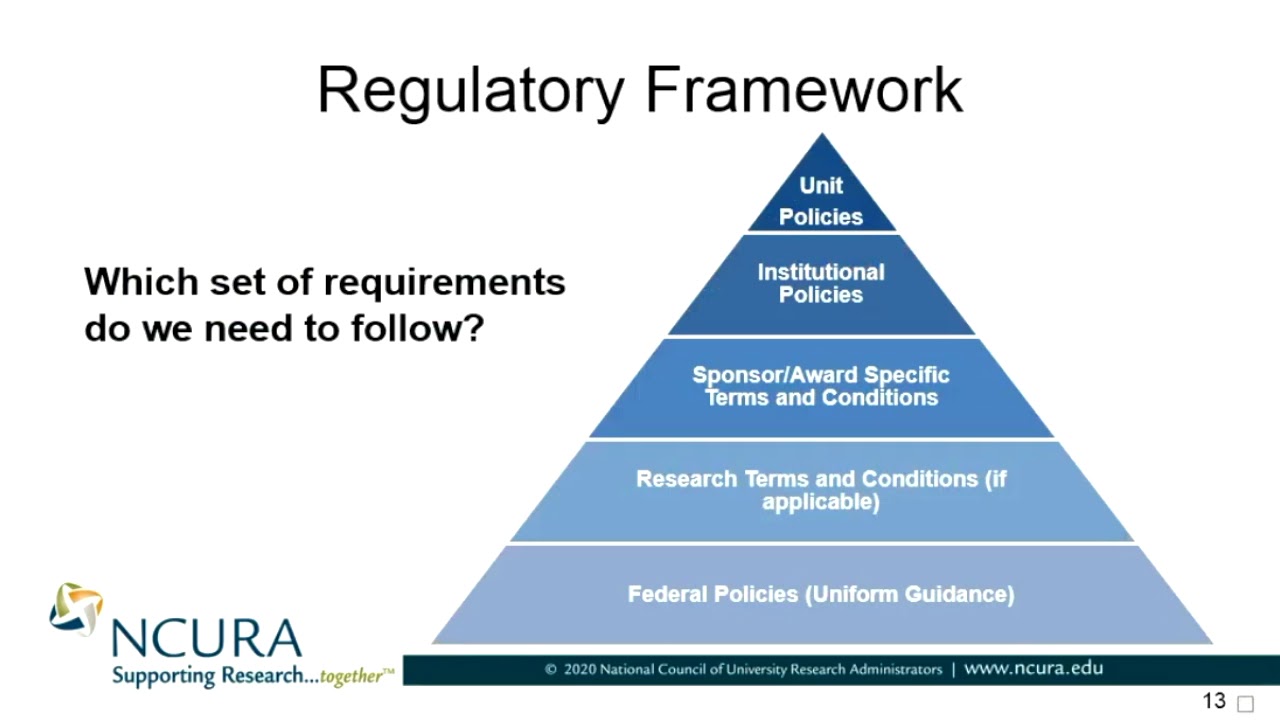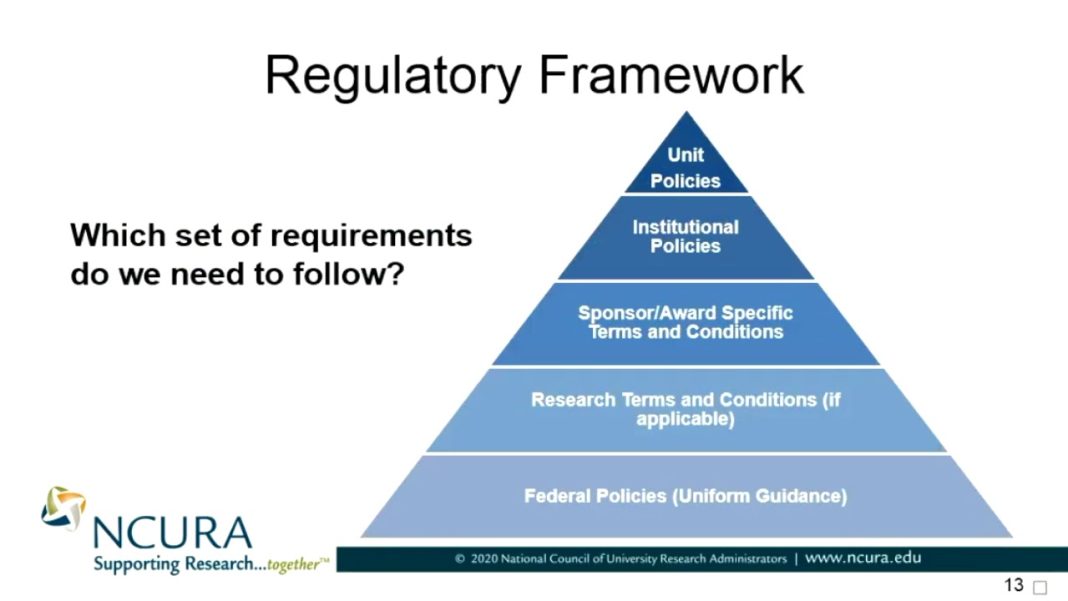 Title: The Future of Cryptocurrency Regulation: A Comprehensive Analysis of the FIT 21 Act
Title: The Future of Cryptocurrency Regulation: A Comprehensive Analysis of the FIT 21 Act
Introduction:
Cryptocurrency regulation has been a hot topic of debate in the United States. On May 22, the House approved the Financial Innovation and Technology for the 21st Century (FIT 21) Act, a bill that aims to establish a new regulatory framework for the crypto sector. While the White House has expressed opposition to the legislation, President Joe Biden has not indicated that he will veto it. This article provides an in-depth analysis of FIT 21, examining its implications and the arguments put forth by its supporters and critics.
I. The FIT 21 Act: A Game-Changing Regulatory Framework
The FIT 21 Act, passed with bipartisan support, would grant primary jurisdiction over the crypto sector to the Commodity Futures Trading Commission (CFTC), sidelining the Securities and Exchange Commission (SEC). This move aims to address regulatory gaps and provide much-needed clarity for digital asset companies. By introducing new compliance challenges, FIT 21 ensures consumer protection and promotes safer practices in the crypto industry.
II. The White House’s Opposition and Collaboration with Congress
While the White House has expressed opposition to FIT 21, it also acknowledges the need for a comprehensive regulatory framework for digital assets. In a statement, officials emphasized their eagerness to collaborate with Congress to develop legislation that includes adequate guardrails for consumers and investors while fostering innovation. This shows a commitment to finding common ground and ensuring the interests of all stakeholders are considered.
III. Supporters’ Perspective: Addressing Regulatory Gaps and Fostering Innovation
Advocacy groups and crypto firms have urged support for FIT 21, highlighting the importance of regulatory clarity. The Crypto Council for Innovation emphasizes that while the bill may introduce compliance challenges, it is a responsible approach that prioritizes consumer safety over the status quo. By establishing clear rules, FIT 21 encourages innovation and creates a more favorable environment for digital asset companies to thrive.
IV. Critics’ Concerns: Potential Risks and Regulatory Gaps
Critics, including SEC Chair Gary Gensler, argue that FIT 21 could expose investors and capital markets to immeasurable risks. Gensler warns that the bill would create regulatory gaps and allow unscrupulous actors to evade securities law by labeling their financial products as crypto assets. He emphasizes the need to protect the investing public and ensure compliance with established rules to prevent failures, frauds, and bankruptcies within the crypto industry.
V. Balancing Regulatory Oversight and Innovation
Supporters of FIT 21, such as Representative French Hill, argue that the lack of a regulatory blueprint has hindered the growth of the crypto industry. They claim that the SEC’s enforcement-focused approach has created uncertainty for market participants. FIT 21 does not restrict the SEC from regulating financial markets but rather seeks to establish a clear framework that includes consumer protections, capital requirements, and higher custody standards. This balanced approach ensures regulatory oversight while fostering innovation.
VI. The Political Landscape: Crypto’s Growing Influence
Cryptocurrency has become a significant factor in political decision-making. Former President Donald Trump and his 2024 campaign have embraced crypto, accepting donations in various digital assets. Meanwhile, a growing number of Republican politicians are bullish on cryptocurrency, prompting concerns among Democrats who see it as a potential partisan issue. Recent polls show that crypto owners have shifted their support from President Biden in 2020 to the presumptive Republican presidential nominee in 2024.
Conclusion:
The passage of the FIT 21 Act by the House marks a significant step toward establishing a comprehensive regulatory framework for the cryptocurrency industry. While concerns about potential risks and regulatory gaps persist, the bill aims to strike a balance between oversight and innovation. The White House’s opposition indicates the need for further collaboration with Congress to address these concerns and ensure the development of legislation that protects consumers, fosters innovation, and solidifies the United States’ global leadership in the crypto sector.


